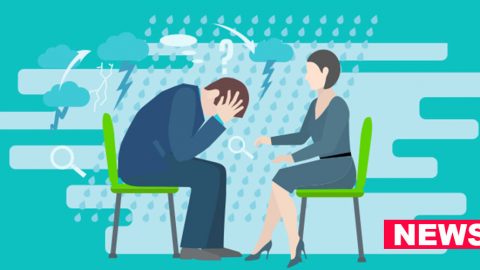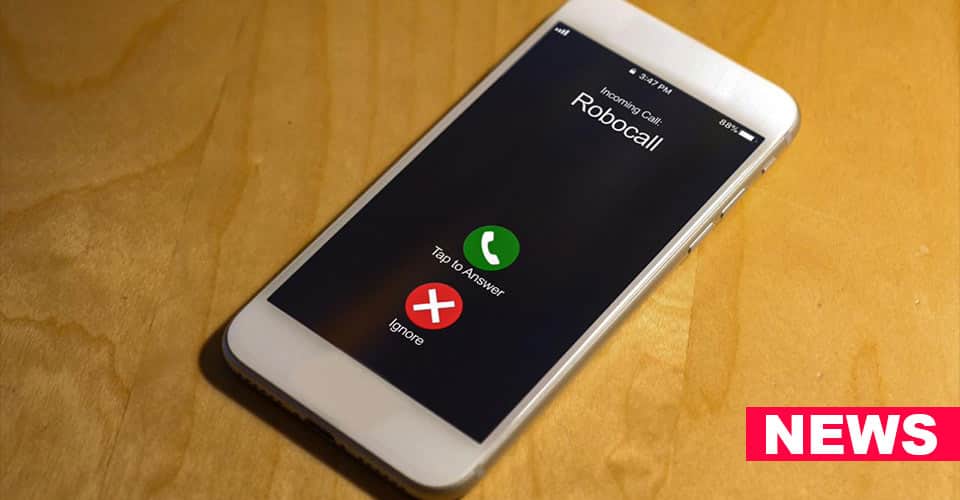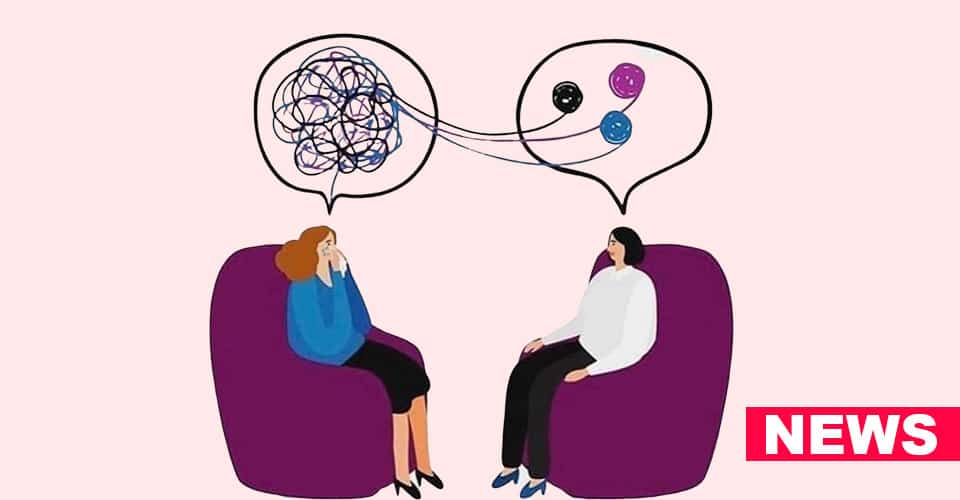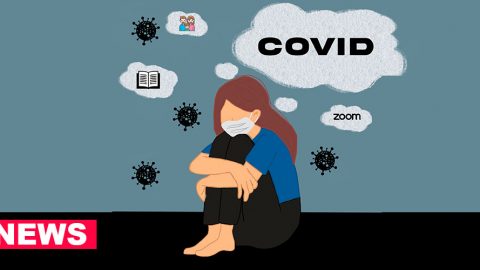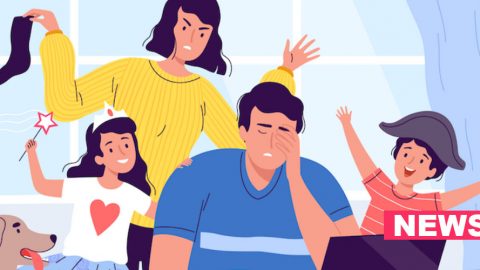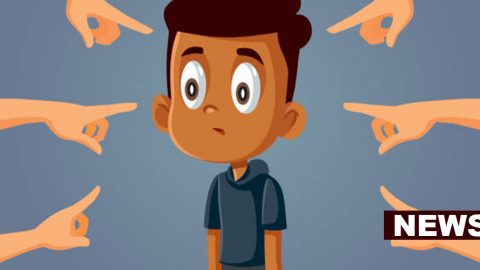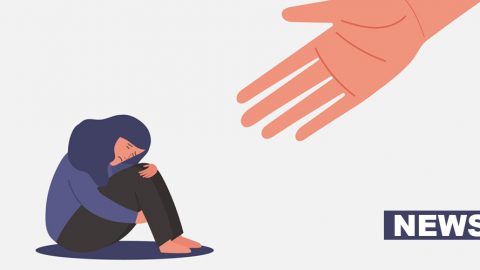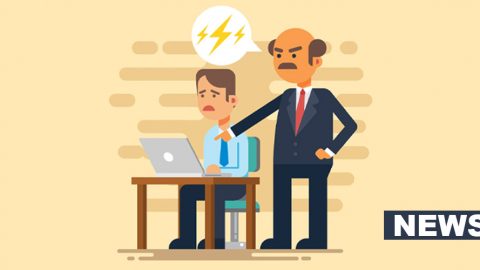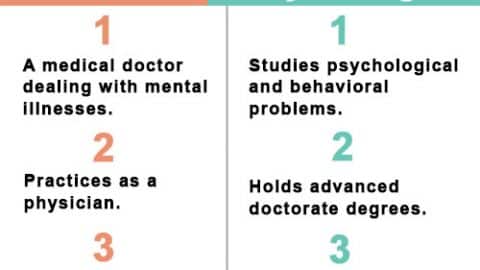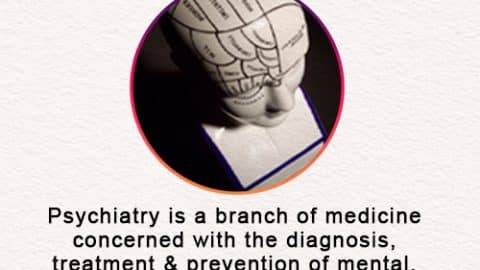A recent study reveals that nearly one in five counties across the United States face a significant challenge when it comes to accessing mental health care. This shortage of psychiatrists and reliable internet service creates hurdles for approximately 10.5 million Americans seeking mental health support.
The counties examined in the study are predominantly located in rural areas and are characterized by higher unemployment rates, larger populations lacking health insurance, and lower rates of bachelor’s degree attainment.
Furthermore, individuals residing in these areas are more likely to suffer from depression and anxiety, underscoring the urgent need for accessible mental health services in regions facing substantial access barriers.
Shortage Of Psychiatrists And Telehealth Limitations
The study also highlights the limitations of telehealth, a medium that gained prominence during the pandemic but has yet to reach the areas that need it most.
Telehealth was initially developed to mitigate the adverse effects of physician shortages, but it falls short for many individuals in shortage areas due to the lack of broadband coverage.
Dr. Hao Yu, an associate professor of health care policy at Harvard Medical School in Boston and the study’s author, emphasizes that counties without sufficient mental health care resources experience negative health outcomes, including higher overdose and suicide mortality rates.
These alarming statistics underscore the critical need to address mental health disparities in underserved areas.
In a significant development, the Bipartisan Infrastructure Law, passed by federal legislators in July, includes a $65 billion investment to expand affordable and reliable high-speed internet access across the United States.
While this investment is a positive step, Dr. Yu suggests that the U.S. government should specifically target the counties identified in the study to effectively address the pressing issues related to mental health care access, drug overdose mortality, and suicide rates.
The study’s findings shed light on a critical issue that affects millions of Americans. The shortage of mental health care providers, particularly psychiatrists, is a significant barrier to accessing essential services.
Furthermore, the limited availability of reliable internet access exacerbates these challenges, preventing many individuals from benefiting from telehealth solutions.
Rural areas, in particular, bear the brunt of these disparities. The counties studied tend to have higher unemployment rates, lower rates of insurance coverage, and fewer residents with bachelor’s degrees.
These factors not only contribute to reduced access to mental health care but also increase the prevalence of mental health conditions such as depression and anxiety within these communities.
The study’s findings reveal a stark reality: individuals living in areas with limited access to mental health care face negative health outcomes, including higher rates of overdose and suicide mortality. This highlights the urgency of addressing these disparities to improve the overall well-being of affected communities.
While telehealth has emerged as a promising solution to bridge gaps in mental health care, its effectiveness is contingent on reliable internet access. Unfortunately, many individuals in shortage areas lack access to broadband coverage, rendering telehealth inaccessible to those who need it most.
The Bipartisan Infrastructure Law, with its significant investment in expanding high-speed internet access, presents a ray of hope for addressing this issue.
However, as Dr. Yu underscores, it is essential to prioritize the counties identified in the study to ensure that the investment is targeted towards regions facing the most significant mental health care access challenges.
In conclusion, the shortage of mental health care providers and limited internet access represent substantial barriers to mental health care for millions of Americans. These challenges are particularly acute in rural areas characterized by high unemployment rates, low insurance coverage, and lower educational attainment.
The study’s findings emphasize the critical need to address these disparities and improve access to mental health services in underserved communities.
The Bipartisan Infrastructure Law’s investment in expanding high-speed internet access presents an opportunity to make meaningful strides in addressing this issue, with a specific focus on the counties identified in the study.
By targeting these areas, policymakers can work towards reducing drug overdose and suicide rates and improving the overall well-being of affected communities.






